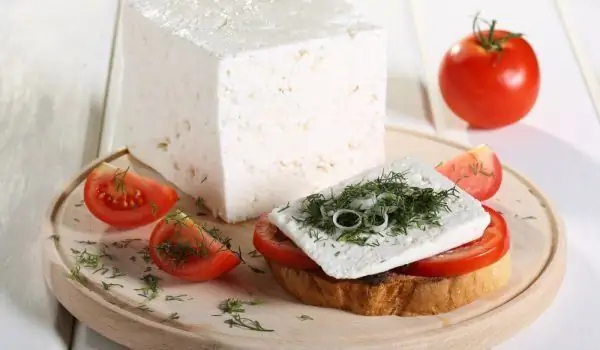2025 Author: Jasmine Walkman | [email protected]. Last modified: 2025-01-23 10:18
The wine e of these products, which over time acquire better qualities. What is the reason for the wine to taste better when stored?
Wine is one of the oldest products obtained by man after a process of processing another product, and has existed for centuries. It was then consumed as soon as the vinification process was completed, because there were no other ways to store it for a long time. Only after people start using glass bottles and corks stoppers do they get the opportunity to store wine at home. Previously, traders kept it in barrels, where it was bought. Wines that have so far been considered unfit for consumption because they contained a lot of tannins and acids are already beginning to mature. Aging allows many wines to reach their apogee when the aromas bloom in them, and the tannins and sugars are balanced.
How does wine age?

Wine is a complex mixture in which chemicals create other bonds with each other and as a result components with new colors, aroma and properties appear. This means that at aging of wine tannins and anthocyanins create a new type of bond. The process lasts as long as the molecules continue to grow until they begin to precipitate due to the inability to be in solution. These processes change the wine, its aroma is already more complex and a bouquet of wine is formed. They have also been changed in color. In red wine, it is already purple or tiled. For white wines, it changes from straw yellow to brownish.
Which wines mature?

Each wine changes individually. Some species reach their apogee faster and collapse faster thereafter. This is typical of white wine varieties. Others, such as Bordeaux red wines, are slowly reaching their apogee and slowly losing their luster. These wines are suitable for aging. What qualities the wine will have for aging is a decision of the wine technologist. It also depends on the varieties, the age of the vineyard, the climate in which the crop grows and others.
Which varieties have the potential to age?

There is an opinion that the more the wine matures, its qualities improve so much, but this is not true. Most wine varieties are consumed young, 1-2 years after they are produced. The red wine varieties have the potential for aging and what it will be is determined by the production technologies and the variety itself. Cabernet Sauvignon, Syrah and Nebiolo have better aging potential compared to Merlot and Pinot Noir.
Usually white wine does not age. It is drunk 1-2 years after it is produced. However, there are many exceptions - some species of Chardonnay, which are aged in oak barrels, develop a very wide range of flavors after aging for a long time. Some Riesling dessert white wines and others have potential if they are practiced.
Sparkling wines are also aging. In this type of wine, when aged, it develops aromas of butter, toast and dried fruit. These aromas are possible with wine that matures in bottles.
The right time to open a wine is often missed. Trying new wines from different vintages provides opportunities for comparison and thus comes to know which wine is better to open at the moment and which should be left to mature.
Recommended:
Kukuryak Is A Medicinal Herb From The Middle Ages

Secret manuscripts shed light on which herb was used for what in the Middle Ages. One of the most interesting facts is that about the cornflower. From the revealed secrets of medicine of the Middle Ages it is clear that during this period the monks were most actively engaged in the cultivation of the herb.
We Eat Less And Less Native Cheese And More And More Gouda And Cheddar

The sale of white brined cheese in Bulgaria is much lower compared to the consumption in 2006, shows an analysis of the Institute of Agrarian Economics, quoted by the newspaper Trud. Consumption of yellow cheese in our country has also fallen.
Without Fatty Acids, The Body Ages Quickly

There are only two essential fatty acids - linoleic and linolenic, all others are replaceable. Without the two essential fatty acids, the skin wrinkles, nails break, hair begins to fall out and fill with dandruff. In addition, diseases of the musculoskeletal system, atherosclerosis begin to develop, the blood supply is disrupted and a person ages very quickly.
Salt And Lemon Juice Against Stains From Fruit And Wine

Stains from drinks or chocolate products are always the most unpleasant, as it is difficult to get rid of them, especially if the garment or fabric of the sofa are made of synthetic fabrics. Fresh stains on clothes of red wine or strawberries sprinkle only a thick layer of salt.
Learn These 3 Formulas And You Will Be The King Of Wine, Brandy And Pickles

Wine When making wine at home, you need to measure the sugar content of the must have been obtained. This is usually done with a sugar meter - not very accurate, but enough for home use. The more accurate measurement is with a refractometer - devices that are already available at affordable prices mainly in electronics stores.

